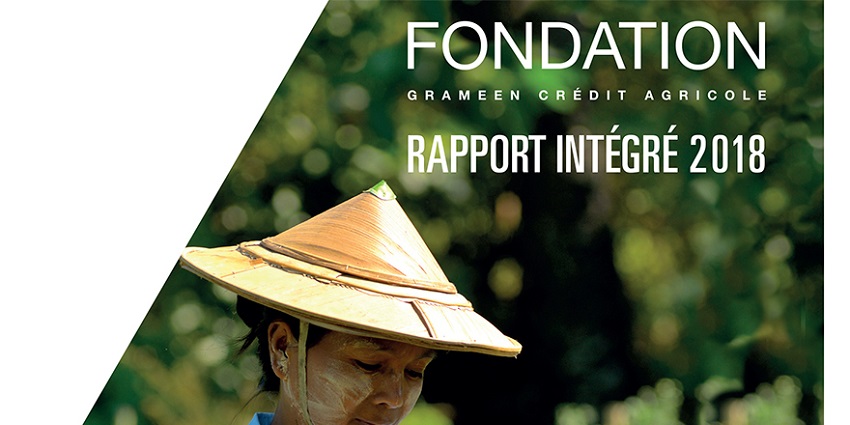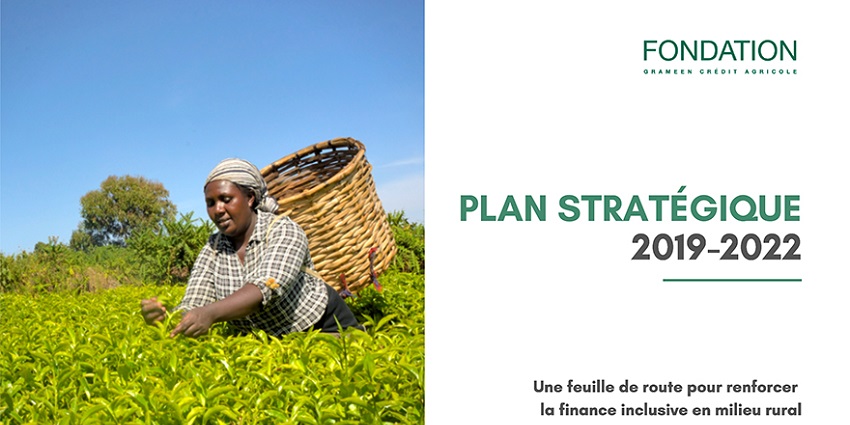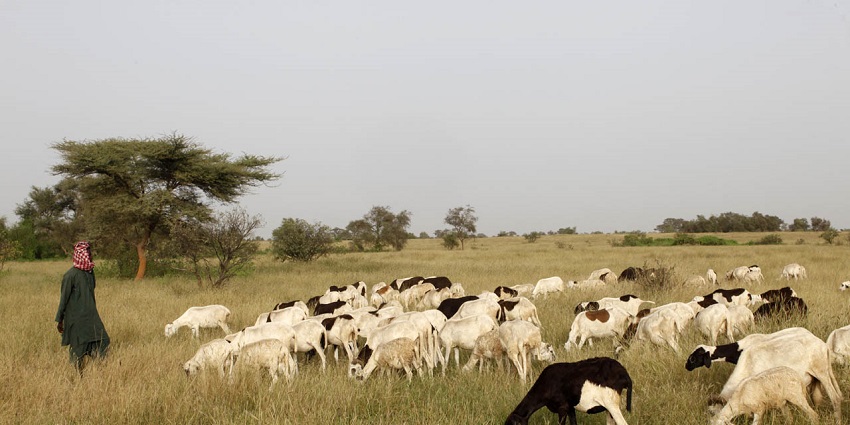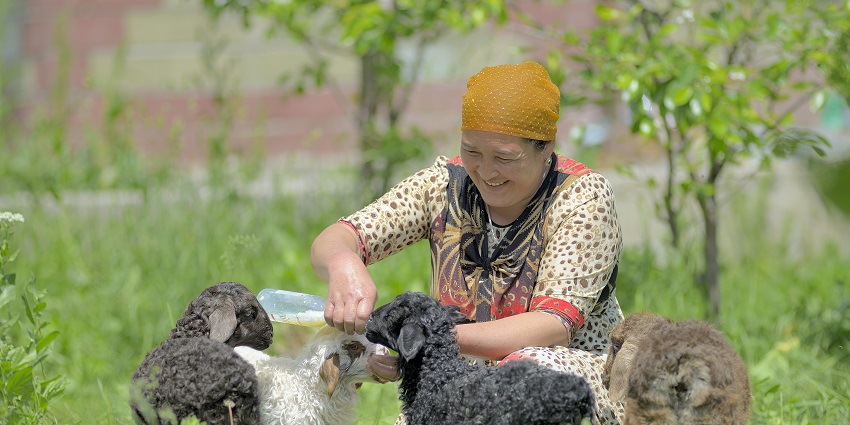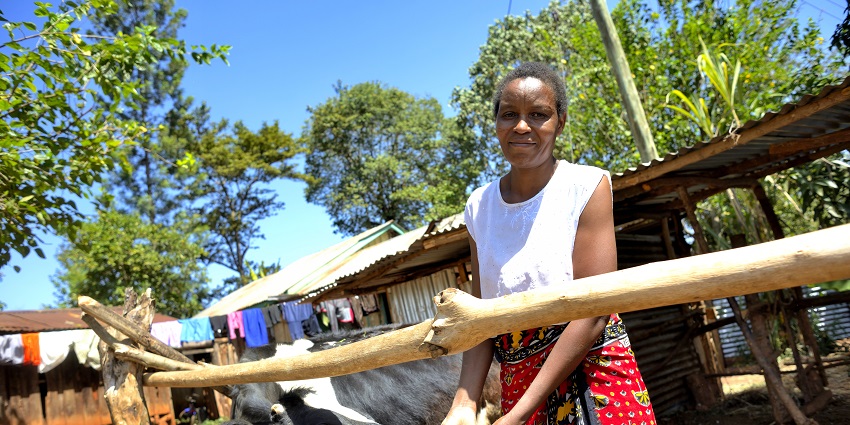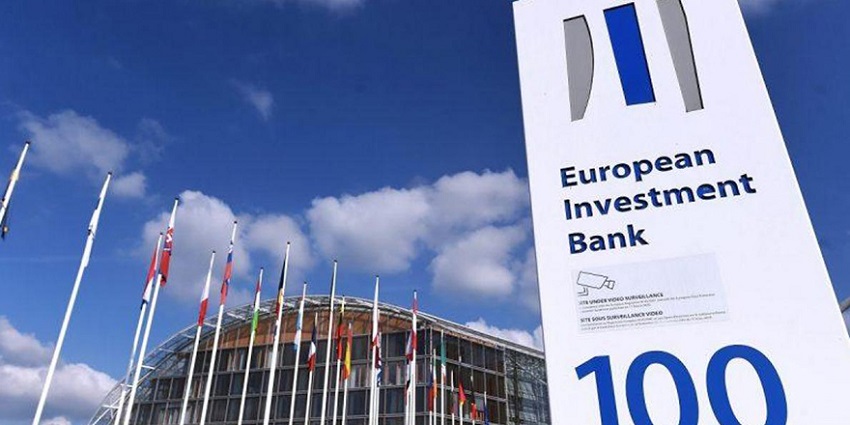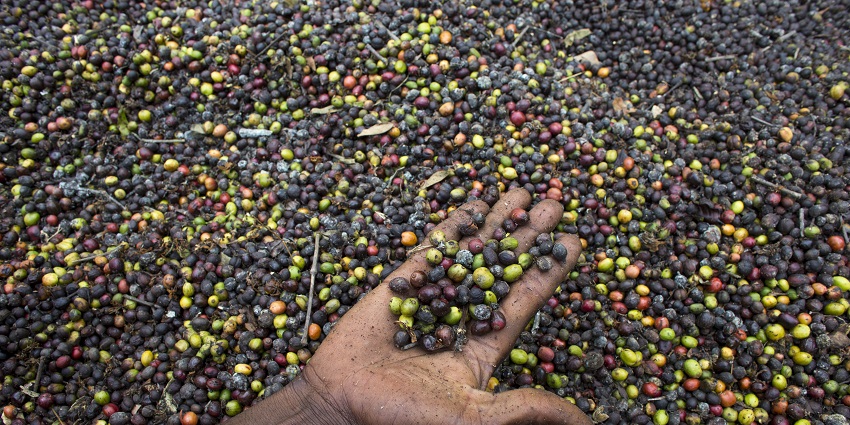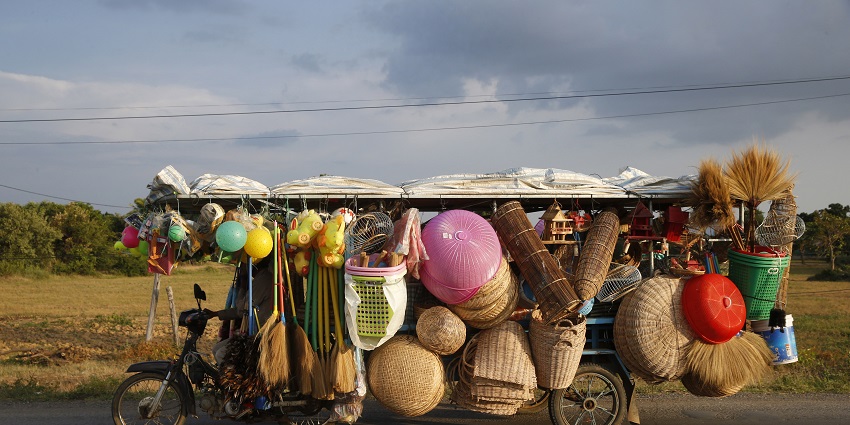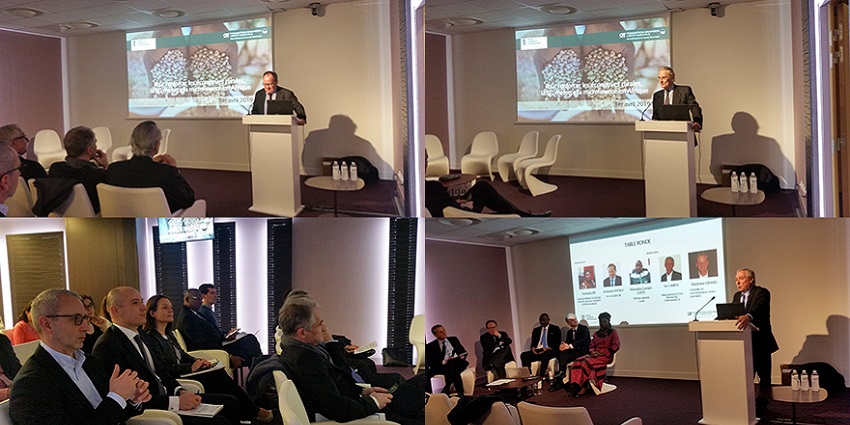
© FGCA
On April 1, the Grameen Crédit Agricole Foundation and the European Investment Bank (EIB) held a roundtable discussion in Paris on the topic of developing rural economies and strengthening microfinance in Africa through the EIB. Representatives of both institutions shared a common goal: promoting a more sustainable and inclusive economy.
Following the EIB's granting of a €12 million loan equivalent in CFA francs to the Foundation to support microfinance in West Africa, this roundtable also provided an opportunity to discuss issues related to the development of rural areas in Africa. Several guests gathered to discuss rural microfinance, agriculture, gender, and climate change.
For the Foundation, recognition of expertise in microfinance
As Jérôme Brunel, Foundation Administrator and General Secretary of Crédit Agricole SA, recalled in his opening speech, the Foundation has lent more than four times its capital in the space of 10 years, representing €200 million in financing, for a presence in around thirty countries and more than 100 partners supported since 2008. At the end of 2018, the Foundation recorded an outstanding amount of €76 million and supported 75 partners in 35 countries. After excellent results in 2018, this new financing will therefore allow the Foundation to expand its action in Africa in the field of microfinance and support for social entrepreneurship. "With this financing granted to the Grameen Crédit Agricole Foundation, the European Investment Bank confirms its commitment to financial inclusion in West Africa alongside a committed player that has just celebrated its 10th anniversary," said Ambroise Fayolle, Vice-President of the EIB.
Mamadou Lamine Gueye, Managing Director of Caurie Microfinance, a Senegalese microfinance institution partnering with the Foundation and beneficiary of the EIB loan, and Soukeyna Ndiaye Bâ, Managing Director of the INAFI International Foundation and administrator of the Foundation, spoke of the importance of intermediaries such as the Grameen Crédit Agricole Foundation, whose positioning allows it to finance small microfinance institutions that would otherwise not be eligible for funding from major donors. Both agreed to recognize the role of the Foundation and other donors in developing the microfinance sector on the continent, thereby providing opportunities for African youth.
Two institutions have already benefited from the EIB loan to the Foundation: Caurie Microfinance, whose mission is the social and economic empowerment of poor microentrepreneurs in Senegal, primarily women; and PAMF BF, which offers microcredits to finance agricultural and economic activities such as market gardening and grain production in Burkina Faso. These two institutions alone represent more than 110,000 active borrowers, including 79,87% women.
Africa, a priority target for the Foundation
Sub-Saharan Africa accounts for approximately 301,000 million of the Foundation's funding. The Foundation focuses its efforts there on behalf of rural populations, with the aim of strengthening the resilience of the agricultural sector. "The Grameen Crédit Agricole Foundation is now present in a dozen African countries," emphasized Jean-Marie Sander, President of the Foundation. For Eric Campos, General Delegate of the Foundation, "working on agriculture means working on the future of Africa. We must unleash the development of products adapted to the rural world: today, agriculture represents 601,000 million of the continent's workforce. Yet farmers represent only 31,000 million of bank exhibitors!"
In line with the Foundation's work, microfinance is a fundamental pillar of value creation in Africa. This is also what two of our speakers, Flora Helard and Mathilde Thonon, students at Sciences Po Paris and co-founders of In-Venture, observed on the ground. They spent a year in West Africa and Southeast Asia meeting those who find solutions to their communities' social and environmental problems in finance. In particular, they met with two of the Foundation's partner MFIs in Benin: RENACA and ACFB. Their enthusiasm reflects the performance of a dynamic sector that attracts the young entrepreneurs of tomorrow.
